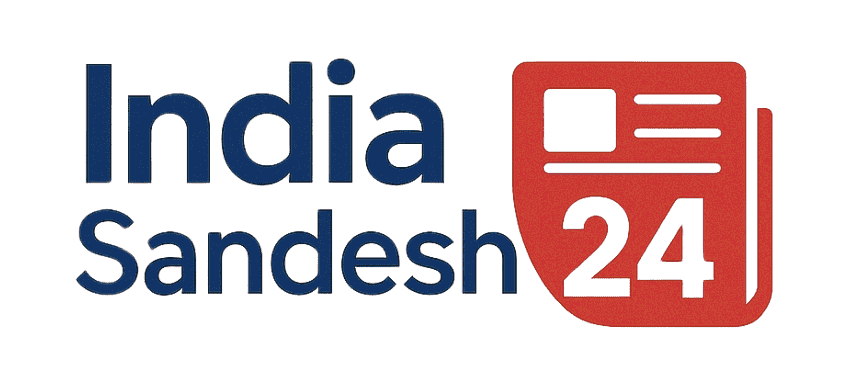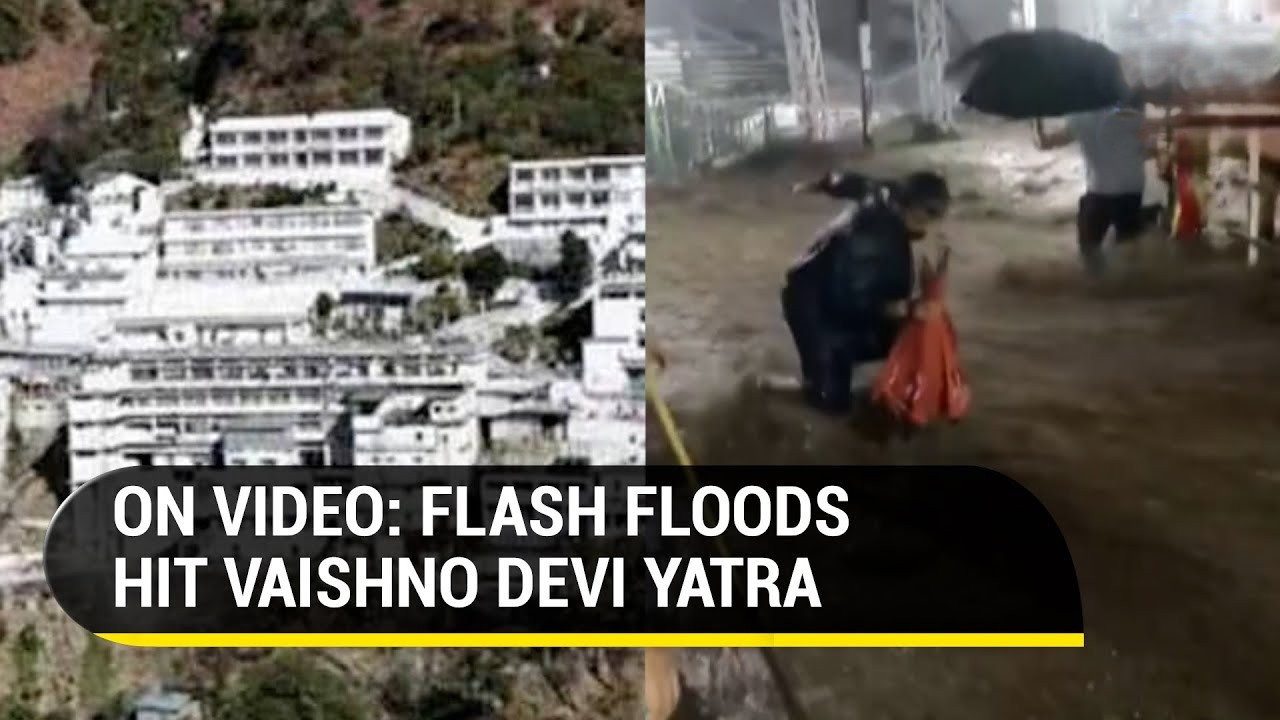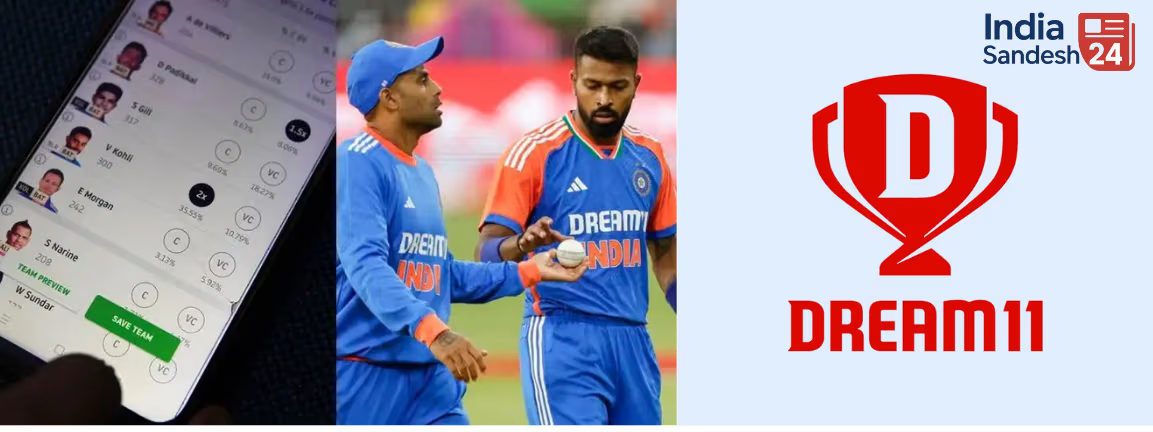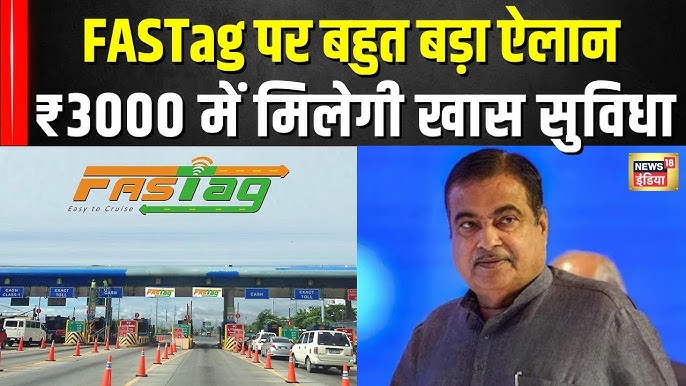
On June 18, 2025, Union Minister for Road Transport and Highways Nitin Gadkari announced the launch of a FASTag-based Annual Pass priced at ₹3,000, set to take effect from August 15, 2025. This initiative, aimed at non-commercial private vehicles such as cars, jeeps, and vans, is designed to streamline toll payments, reduce congestion at toll plazas, and address long-standing commuter concerns, particularly regarding toll booths located within a 60 km range. The announcement, shared via Gadkari’s official X account, has been hailed as a transformative step toward cost-effective and efficient highway travel across India’s national and state highways.
Key Features of the FASTag Annual Pass:
Cost and Validity: The pass costs a one-time payment of ₹3,000 and is valid for one year from the date of activation or up to 200 trips, whichever comes first. A “trip” is defined as a single crossing at a toll plaza on open tolling routes (e.g., Delhi-Chandigarh) or a complete entry-exit cycle on closed tolling highways (e.g., Delhi-Mumbai Expressway).
Eligibility: The pass is exclusively for non-commercial private vehicles, making it ideal for frequent travelers, such as families or individuals who regularly use national highways.
Activation and Renewal: Users can activate or renew the pass through a dedicated link on the Rajmarg Yatra App or the official websites of the National Highways Authority of India (NHAI) and the Ministry of Road Transport and Highways (MoRTH), which will be available soon.
Benefits: The pass eliminates the need for repeated toll payments, reducing wait times, easing traffic congestion, and minimizing disputes at toll plazas. According to NHAI, FASTag has already reduced average toll plaza waiting times from 734 seconds to 47 seconds in 2022-23, and this pass aims to enhance that efficiency further. Reports suggest potential savings of up to ₹7,000 annually for frequent travelers.
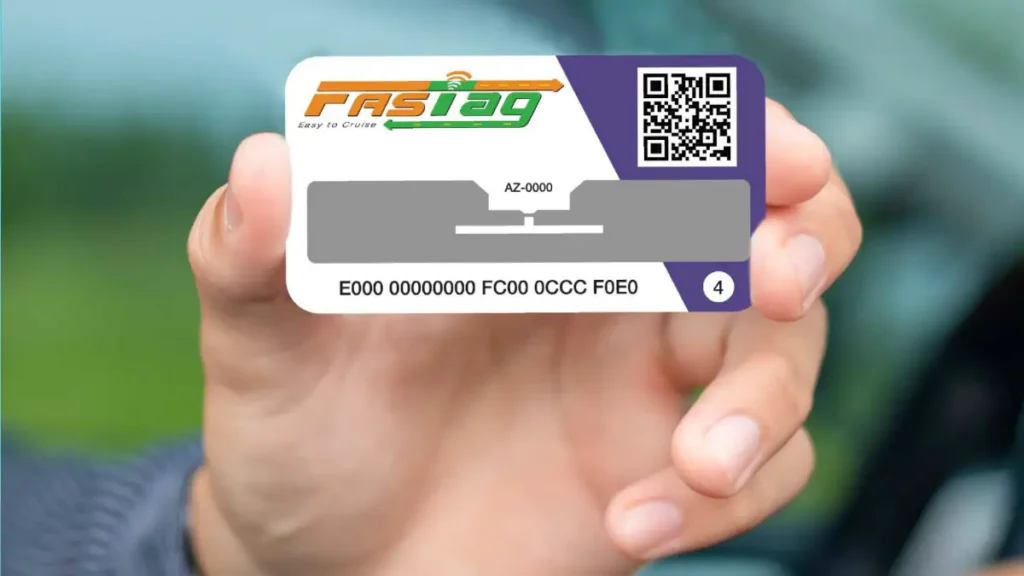
How It Works:
The FASTag Annual Pass integrates with the existing FASTag system, which uses RFID technology for cashless toll transactions. Users must maintain a minimum balance in their linked FASTag wallet for non-pass routes or additional charges. The pass is route-agnostic, allowing seamless travel across national highways and state expressways without additional toll fees within its validity.
Addressing Commuter Concerns:
The policy directly addresses issues like frequent toll payments on short-distance routes and delays at toll plazas. Gadkari emphasized that the pass simplifies toll collection into a single, affordable transaction, enhancing the travel experience for millions. The government is also exploring a future shift to a sensor-based, barrier-less tolling system using FASTag infrastructure, which could further reduce physical toll booth interactions.
Why This Matters:
The FASTag Annual Pass is a step toward modernizing India’s road infrastructure, aligning with Gadkari’s broader vision of world-class highways. By offering a cost-effective solution for frequent travelers, the pass could save significant expenses—potentially ₹7,000 annually, per some estimates—while reducing the logistical burden of toll payments. The initiative also reflects the government’s push for digital and cashless systems, building on FASTag’s success since its nationwide adoption.
For more details, users can soon access activation links on the Rajmarg Yatra App or NHAI/MoRTH websites. Failure to maintain a minimum FASTag balance may lead to suspension or penalties under the VAHAN system, so commuters are advised to stay updated.
